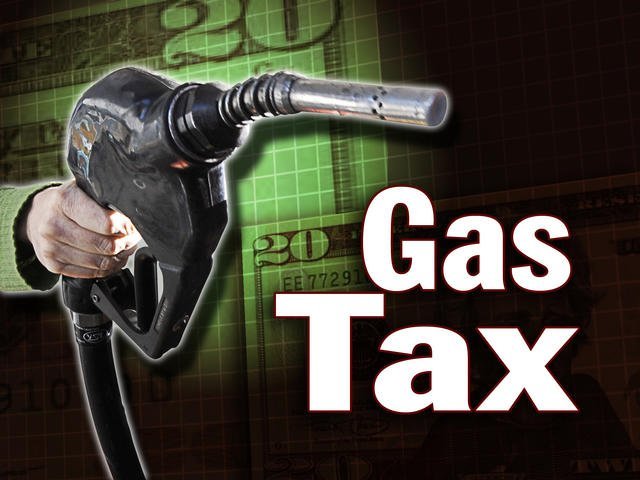 There’s an interesting idea being tested in the Beaver state of Oregon and it has the potential to have a negative impact on me. The state has started a pilot program wherein drivers will pay a tax of 1.5 cents per mile driven instead of the 49.5 cents/gallon they currently pay in taxes. This includes the 18.5 cents/gallon federal tax.
There’s an interesting idea being tested in the Beaver state of Oregon and it has the potential to have a negative impact on me. The state has started a pilot program wherein drivers will pay a tax of 1.5 cents per mile driven instead of the 49.5 cents/gallon they currently pay in taxes. This includes the 18.5 cents/gallon federal tax.
The reason for this idea is that cars have become significantly more fuel-efficient in the last twenty years and that has greatly reduced the revenue generated by gasoline taxes. Adjusting for inflation it seems as if the revenue stream has dropped by about 40%. The money from such taxes are supposed to be used to pay for both the upkeep on existing roads and bridges and any new construction.
According to most surveys, the roads and bridges in the United States are in abysmal condition and that is a dangerous situation for anyone who travels on them.
The reason this method of taxation has a negative effect on me is because I own a Prius and get about 45 miles to the gallon. This means I fill up my tank about half as much as someone getting 23 miles to the gallon. Thus I pay about half the Missouri gasoline tax (35.7 cents/gallon) as my fellow Show Me state brethren.
The new system means that I would pay exactly the same amount as someone who drove an equal number of miles in a year.
As a Libertarian I’m often criticized for not wanting any government but that is an over-generalization. I think roads are one of the most important services the government provides and I think it is only equitable that I pay for the use I get from them. Not only my own driving but that of goods that are shipped over them to the stores I frequent.
However, this new per mile method doesn’t take into account the weight of the car which is a hugely important factor in damage to the roads. Lighter cars do far less damage to the roads than do heavier vehicles, particularly trucks. Now, roads are damaged not only by heavy vehicles but also by weathering and even the government is going to be hard pressed to find a way to tax the weather (although I wouldn’t put it past them).
So, what is an equitable solution? I think Oregon is going in the right direction but it could easily be a multiple of the miles driven by the weight of the car. It seems like a formula would not be difficult to derive.
We all like our roads and benefit from them in many ways. The lifestyle we lead is in no small part based upon the transportation system in the United States. It is in our best interest to maintain it at peak efficiency.
All taxes should be based upon the service that government provides. If my Prius does X amount of damage to the road then I should be taxed X with Y added for the general weathering damage. People who drive more, who use heavier vehicles, should be taxed more than those who drive less or not at all.
This is an important argument in the Libertarian arsenal. We are not against taxes but we think that taxes must be justified by expenses. If the gasoline taxes, if all taxes, are designed to generate exactly the revenue necessary to maintain that particular service I will gladly pay them.
I applaud Oregon’s effort, which faces a number of tests including how to determine the number of miles driven and miles driven by out-of-state visitors. The idea is a move in the right direction, let’s see how the implementation goes.
Tom Liberman
Sword and Sorcery fantasy with a Libertarian Ideology
Current Release: The Spear of the Hunt
Next Release: The Broken Throne